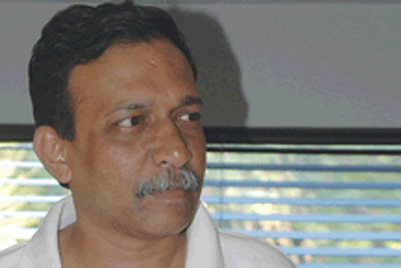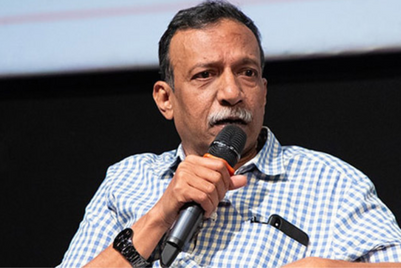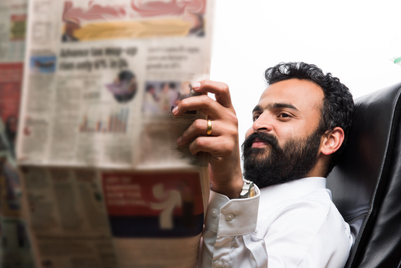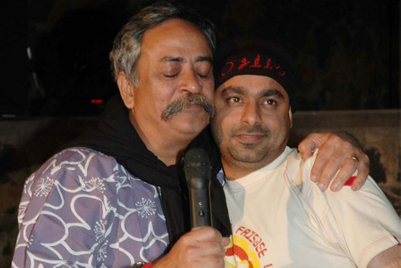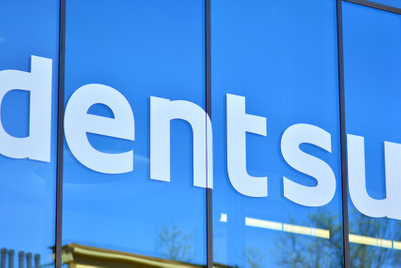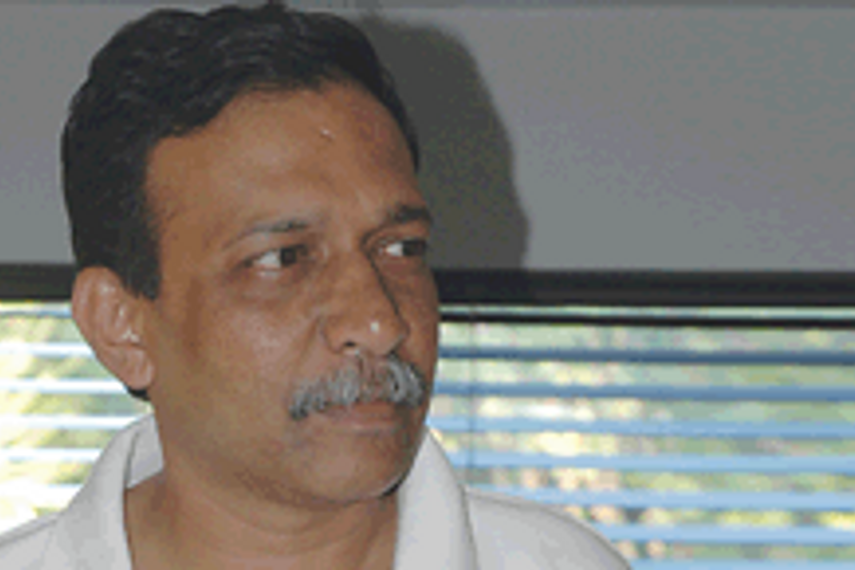
The economic loss caused by the bandh on Monday was, according to
a) FICCI : Rs. 13,000 crore
b) Assocham: Rs. 10,000 crore
c) CII: Rs. 3,000 crore
That’s interesting.
Almost exactly three years ago, I had requested O&M’s Miles Young to write an Opinion piece for Campaign India’s first issue. In his piece, he had written about how India was undermeasured and how, with adequate measurement, marketers would be able to target consumers more efficiently and move (in conjunction with the imminent retail infrastructure boom) products and services to spur growth, resulting in the growth of the advertising business.
India continues to be woefully undermeasured, especially in the TV area. This is in addition to its being poorly measured.
Before we had the Peoplemeter, we had the Diary system, which instantly helped those programs which could be recalled easily, putting programs which were actually watched at a disadvantage.
Then we had the meter and broadcasters and marketers heaved a sigh of relief.
But the measurement system never managed to keep pace with the explosion of satellite. The mushrooming of channels (we have access, theoretically, to 330 plus channels today) and the low sample size puts the niche and special interest channels at a distinct disadvantage.
Combine that with the flatness of the TV universe and we have a huge, huge problem. Is the C&S universe 60 million HH? 70 million? 100 million? More?
An accurate figure will help broadcasters monetize the audiences that they are attracting and generating. The need to redefine the universe is long overdue and the failure to do so is reminiscent of the stagnation of IRS and NRS bases in earlier years.
And an equally large cat, the number of Peoplemeters, is one that needs to be belled soon. There has been enough procrastination on the issue, with the ridiculous question of who will pay for the cost of the meters and consequent research.
Till now, the discussions on who will pay have been, for reasons I can’t understand, held between a small group of users. There has been no effort to increase the number of participants in the debate, to actually explore new ways of getting the research funded, or to attempt to increase the number of entities funding the research.
The fact is continuous postponing of the issue only means that advertisers will have to live with poor quality research – poor quality research which gets worse each passing day. And the distortion could be as bad as the figures on the bandh losses that The Times of India quoted today, and that I reproduced in the opening to this blog post.
The figures reach a level where intelligent people reject summarily the numbers one sees.
So which one is correct? The FICCI figure? The Assocham figure? The CII one?
I reject all.
And if TV measurement ignores the changes and the needs of the moment, the people who pay for the Peoplemeter research will begin rejecting them, and pull out.
Chew on that.
Also read Anant's blog: More on the Peoplemeter



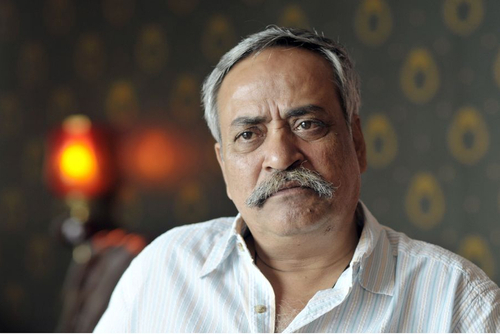
.jpg&h=334&w=500&q=100&v=20250320&c=1)
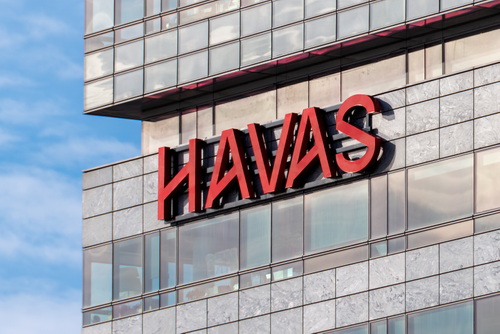

.jpg&h=334&w=500&q=100&v=20250320&c=1)
.jpg&h=334&w=500&q=100&v=20250320&c=1)
.jpg&h=334&w=500&q=100&v=20250320&c=1)

.jpg&h=334&w=500&q=100&v=20250320&c=1)
